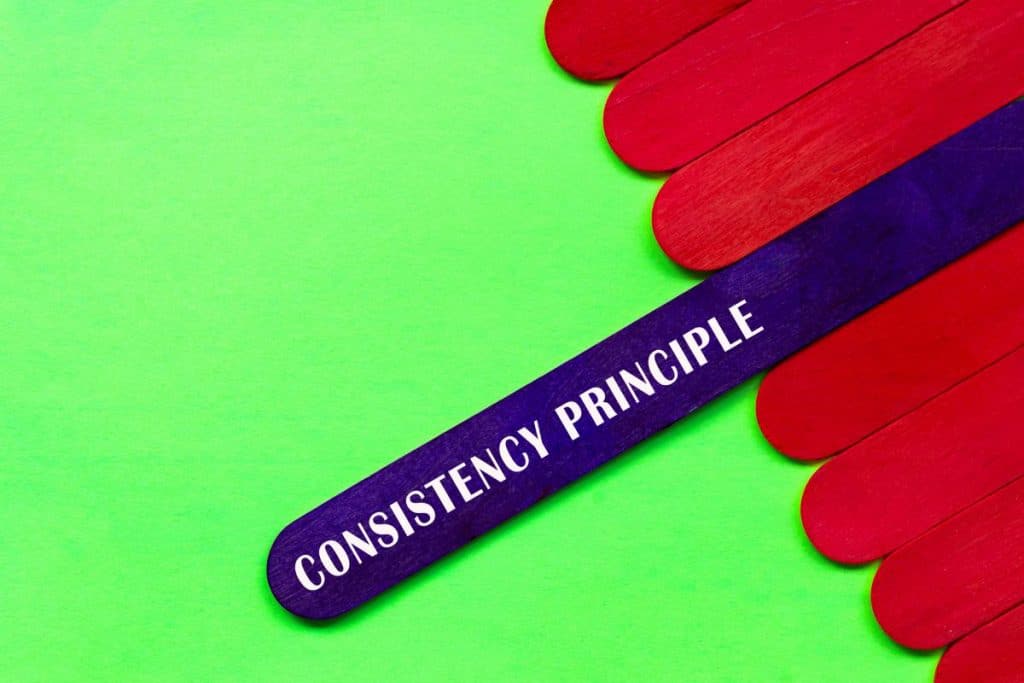A strong procurement job description doesn’t need to be flashy – it needs to be precise. In an area as commercially important as procurement, clarity is everything. A well-written job description helps you define what your business really needs, sets clear expectations, and ensures you attract candidates with the right balance of commercial thinking, negotiation skill and operational understanding.
It’s also worth drawing an important distinction: a job description isn’t the same as a job advert. The advert’s purpose is to attract interest – to sell the role and showcase your organisation. The job description, on the other hand, is the formal document that defines scope, accountability and performance standards. It’s a working tool, rather than a marketing piece.
Define What the Role Actually Delivers
Many job descriptions are built around recycled templates: lists of duties that could apply to any business. The most effective ones are tailored to the outcomes you want to achieve. Start by asking what the role exists to deliver: is it to reduce spend, improve supplier relationships, lead a transformation project, or strengthen compliance? Once that’s clear, the structure of the role writes itself.
Keep the focus on results, not just responsibilities. Instead of “manage supplier contracts”, say “drive supplier performance through proactive contract management and risk mitigation”. This approach signals that you value impact and accountability – traits every strong procurement professional looks for in an employer!
Balance Technical Detail with Commercial Awareness
Procurement is both technical and strategic. The best job descriptions recognise that balance. Include the systems, categories or processes the candidate will handle – but also the business context they’ll be expected to influence. For instance, state whether the role manages indirect spend, capital projects or group-level procurement. Candidates want to know the scale, structure and reporting lines they’ll be working within.
A clear framework helps both sides assess fit more accurately. It also prevents the common problem of over- or under-hiring – bringing in someone too senior for a tactical role, or too junior for a strategic one.
Specify the Core Competencies
Good procurement professionals share certain traits: analytical ability, negotiation strength, stakeholder management and commercial judgement. These should be evident in every description, but expressed in a way that reflects your business’s priorities.
For example:
- Strong negotiation skills with experience managing supplier performance and total cost of ownership
- Proven ability to build relationships with stakeholders across finance, legal and operations
- Knowledge of contract law and procurement systems (e.g. SAP Ariba, Coupa)
- Strategic thinker with the confidence to challenge the status quo
This balance of hard and soft skills helps attract candidates who can not only manage contracts, but also influence business outcomes.
Keep Structure Consistent but Tailored

A job description doesn’t need to be complicated, but it does need structure. A simple framework works best:
- Job title and reporting line
- Role purpose
- Key responsibilities
- Required skills and experience
- Qualifications (CIPS or MCIPS preferred, where relevant)
- Behaviours or competencies
Once that structure is in place, tailor the content to the specific role rather than copying language from another position. Consistency helps with internal alignment, but tailoring ensures authenticity.
Communicate Opportunity, Not Hype
While a job description isn’t a sales pitch, it should still convey what makes your organisation an attractive place to work. That could be exposure to high-value projects, professional development through CIPS, or involvement in ESG-focused procurement initiatives.
Avoid overly corporate or generic language like “dynamic environment” or “fast-paced culture.” Instead, explain how the role contributes to broader business objectives. Procurement professionals are drawn to influence and purpose – show them where they’ll make an impact.
Review and Update Regularly
Procurement is evolving quickly, particularly with the rise of sustainability, digitalisation and global supply chain challenges. Job descriptions should be reviewed at least annually to ensure they reflect current priorities and market realities. A description written five years ago is unlikely to fit the way your organisation operates today.
Partnering with Specialists
Writing an effective procurement job description is one thing – ensuring it reaches the right talent is another. Partnering with a recruitment agency that specialises in procurement helps translate those requirements into a targeted search strategy.
At Portfolio Procurement, we have dedicated consultants who understand procurement across both permanent and interim markets. We help employers refine job descriptions, benchmark salaries and align skillsets with business needs. With over 35 years of experience and a top-rated reputation on Trustpilot, we support businesses in hiring professionals for strategic sourcing who can deliver measurable value from day one.
Tyriq Taylor | Recruitment Consultant
Tyriq specialises in the Procurement and Supply Chain division at Portfolio Procurement, having been in the recruitment industry for just under 2 years specialising in Procurement and Supply Chain. His main aim is to help candidates find their dream role and ensuring my clients have a seamless and enjoyable hiring process from the start.

 Portfolio Group
Portfolio Group  Portfolio Payroll
Portfolio Payroll  Portfolio HR & Reward
Portfolio HR & Reward  Portfolio Credit Control
Portfolio Credit Control  Portfolio Payroll Canada
Portfolio Payroll Canada 